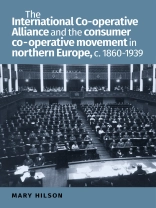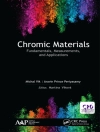The book examines the history of co-operation in the broad context of the history of consumerism and consumption; of internationalism and the development of international organisations; and debates about international trade during the inter-war period. The fundamental question explored in the book concerns the meaning of co-operation. Was it a social movement or an economic enterprise? Did it aspire to challenge capitalism or to reform it? Did it contain at its heart a political vision for the transformation of society or was it simply a practical guide for organising a business? Hilson argues that it was both, but that an examination of the debates over the different meanings of co-operation can also illuminate broader questions about the emergence of consumer interests in the first half of the twentieth century, especially in a transnational context.
قائمة المحتويات
Introduction: a transnational approach to co-operative history
1 Co-operation in the Nordic countries before 1914: international networks and the transmission of ideas
2 Co-operative internationalism in practice: the International Co-operative Alliance (ICA) before and after the First World War
3 The politics of international co-operation: neutrality and crisis
4 Nordisk Andelsforbund (NAF), co-operative trade and Nordic co-operation during the interwar period
5 Co-operation and the emergence of the Nordic ‘middle way’
Conclusion
Bibliography
Index
عن المؤلف
Mary Hilson is Professor in the Department of History and Classical Studies at Aarhus University












